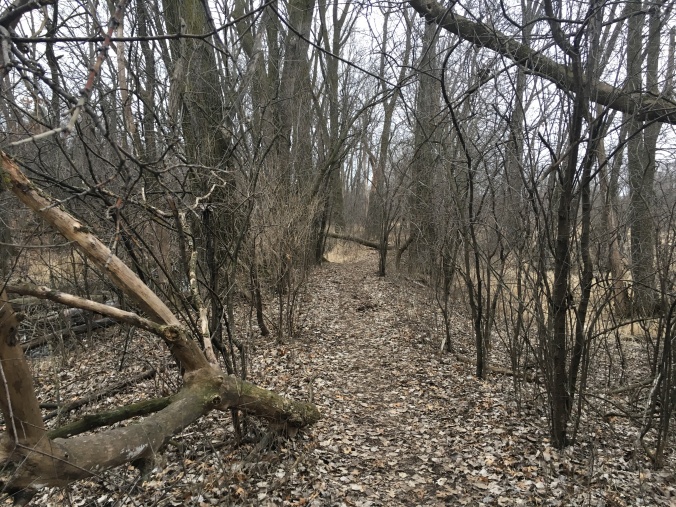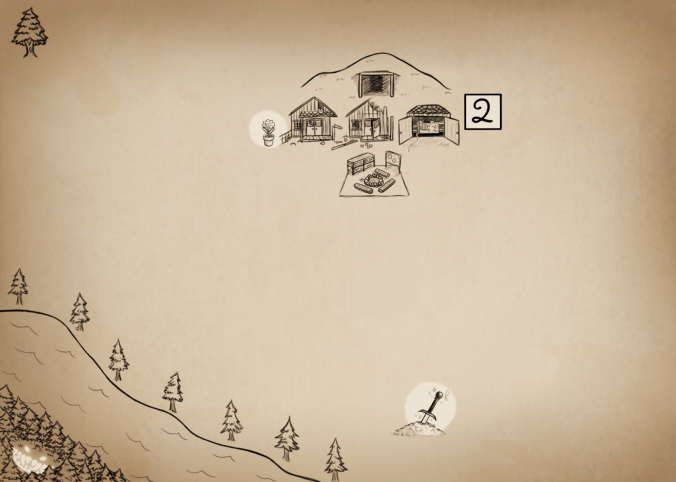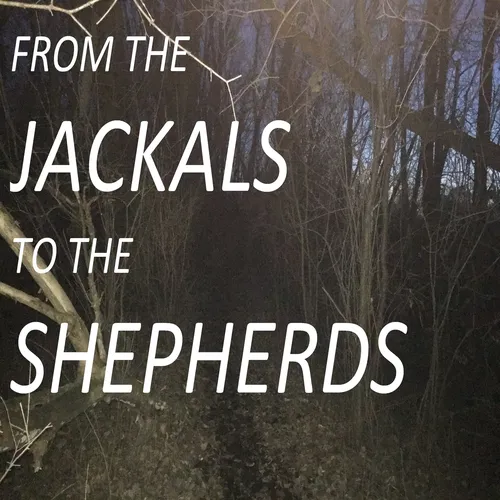03: Ten of Hearts
- Author
- Riverhouse Games
- Published
- Sun 02 Apr 2017
- Episode Link
- https://fromthejackalstoshepherds.wordpress.com/2017/04/02/03-ten-of-hearts/
The Woods:

The Map:

Riverhouse Games Thanks You!
Thank you for listening to this Riverhouse podcast. You can find more podcasts at RiverhouseGames.com as well as games and resources about queer & LGBT+ tabletop gaming. Thank you to the people backing the Riverhouse Games Patreon:
Nyssa MacKinnon, Jalyn Euteneier, Rohit Sodhia & GamersPlane.com, Alec Walker, VJ Brown, Paul Bennett, Amanda Coyle, Rob Abrazado, Tobie Abad, Patrick ‘The Tyrant of Boredom’ West, and Emmeline Duplois, THANK YOU! If you want to see your name in upcoming Riverhouse games or podcasts, you can set a small monthly subscription at Patreon.com/RiverhouseGames
Battlebards Tracks used:
Elven Dirge – Farewell – Score Music – Philippe Payet
Elven Village – Ascending The Vail – Score Music – Kevin MacLeod
Transcription:
For a long time, we were at war with The Jackals. But now, we’ve driven them off, and we have this – a year of relative peace. One quiet year, with which to build our community up and learn once again how to work together. Come Winter, the Frost Shepherds will arrive and we might not survive the encounter. This is when the show will end. But we don’t know about that yet. What we know is that right now, in this moment, there is an opportunity to build something.
A week has passed. Two weeks into our new lives and we have begun to think of this place as a new home. The town center flourishes despite being hastily thrown together. The sun shines down on the community and its warmth energizes us. Intermittent rainstorms shower the mining camp and the water starts to soak into the earth. The riverbank remains muddy and soft, but the water up towards the camp was frozen and lumpy following the harsh winter of war. Now, however, with the spring rains the earth begins to open. Small sprigs of green weeds poke their way through the frozen earth and leaf litter that coats the ground. These meager sprouts remind us of our homes in the city. Collectively the community remembers the ceremonial gardens kept in nearly every home. Husbandry and care of these gardens represented the nurturing spirit of our cities, and offered moments of reflection and quiet as we cared for our own personal green spaces. The war against the Jackals broke down this routine and growing gardens often fell to the wayside in the struggle to survive. Window planters gave way to iron bars, and a healing green was replaced with gunmetal gray. The stillness of the camp in spring gives us an opportunity to bring back this practice. Clay from the river is gathered by the children who play at its banks, and the communal fireplace in the center of the camp becomes a kiln to produce earthenware pots. In our haste to leave the city, many resources were left behind, including massive seed banks. However, heirloom seeds were often kept by community elders and these small pockets of seeds soon are planted in pots of hope. After mere days the seeds begin to shoot up small searching shoots and the community gathers around them to coo and caw over the promise of growth.
In the woods the growling has grown more frequent. The children playing by the riverbank come home with stories of movement in the trees. Some stories are dismissed as playground imagination, but Ezekiel suffers harsh nightmares of figures walking between the trees. Now playdates are chaperoned. And even some adults return to the camp reporting movement and sounds from the dark and sickly woods. The spring melt from the mountains has raised the river’s banks and the floodwaters widen the divide between the community and the threats that lurk in the dark. The floodwaters bring a new discovery as well. A chunk of mossy earth is dislodged by the water, and a trove of ancient artifacts are exposed to the chill spring air. We gather what we can before it is swept downstream, and carefully unwrap the moldy canvas. Those watching recoil from what was kept within: a leather strap binding several rusted swords and axes together. We had left our weapons in the city, as we had left our dead. Violence was a tool used against the Jackals, and left a dangerous taste in our mouths. A timid voice suggests keeping the weapons to defend against the creatures that live in the woods. Drach, the community’s mechanic, wordlessly walks toward the table where the weapons lay. He unhooks his hammer from his belt and tosses it on the table with a dead clunk, then walks out of the shack. The hammer lays on the bleached wood. The head of the hammer is dented and uneven. The leather of the handle is worn and well held. The wooden shaft of the hammer spans between the two and as it connects to the head, the wood is stained brown with the blood of jackals.
A week passes.
Thank you for joining us for the third episode of From The Jackals To The Shepherds. If you like this show please give us a rating on iTunes, tell a friend, or share us on social media. As always the intro for the show was read by Dave Lapru, who has also started keeping our map for the community. You can find Dave on twitter at plantbird, and I’m at leviathan files. Please consider supporting the show on Patreon at patreon dot com slash Riverhouse Games. Music for this episode was provided by Battlebards dot com. Until next week, I hope your week goes well.
